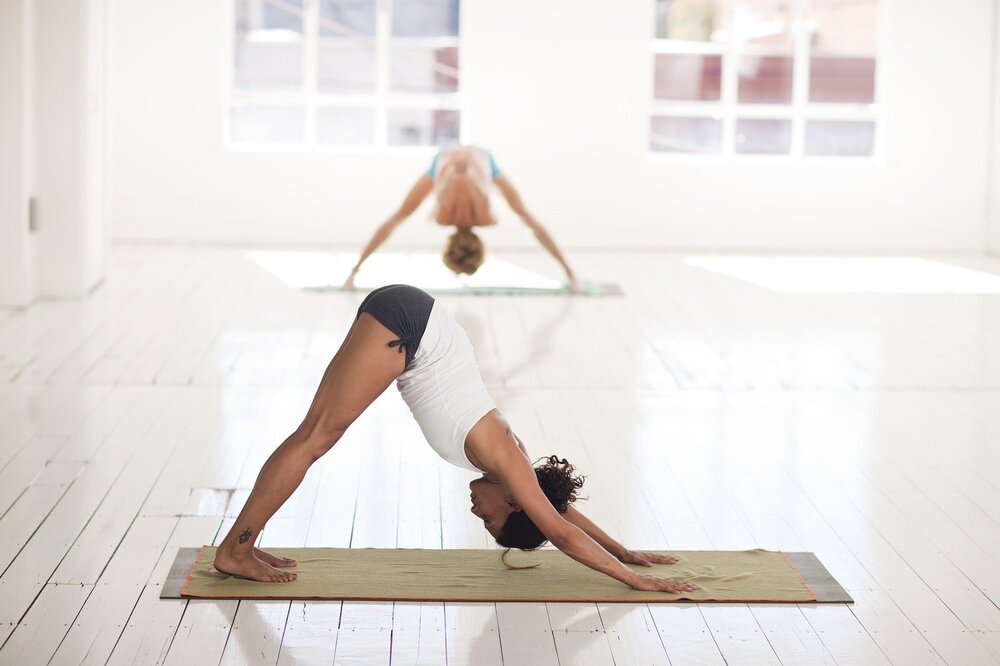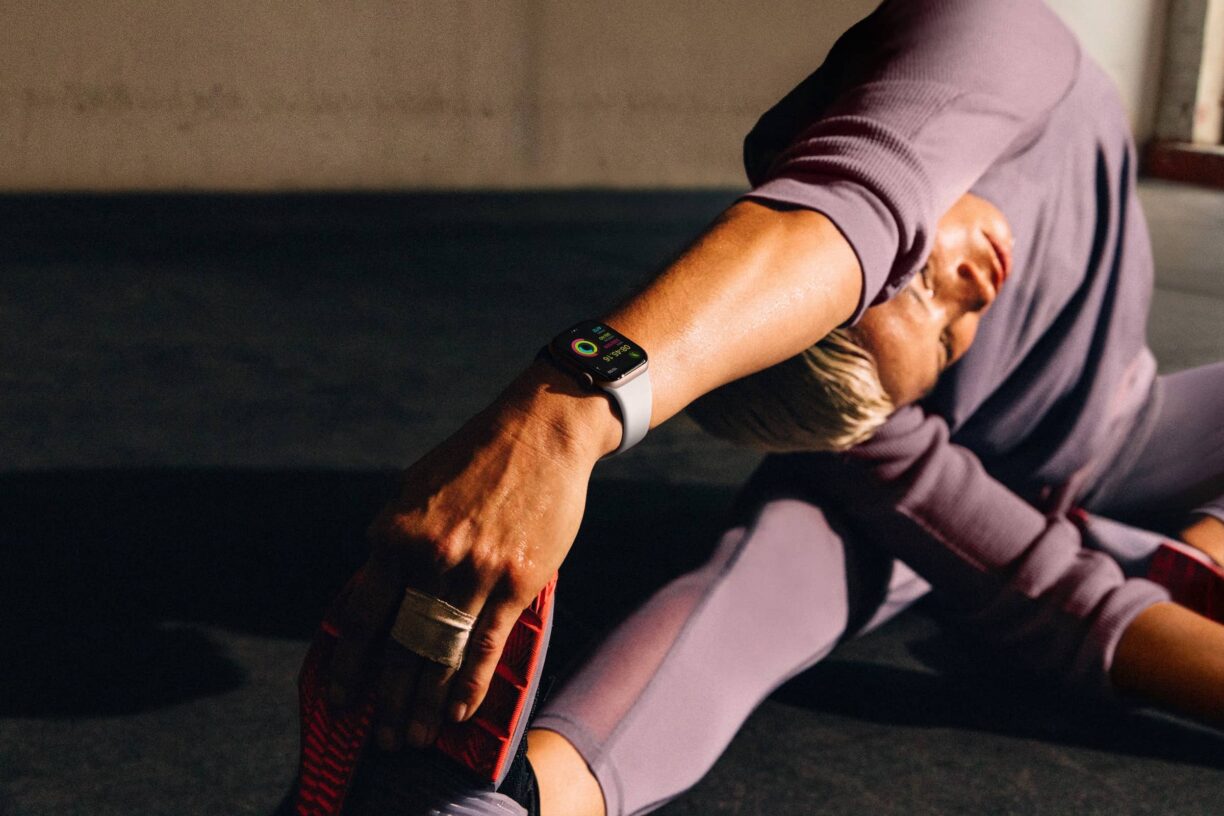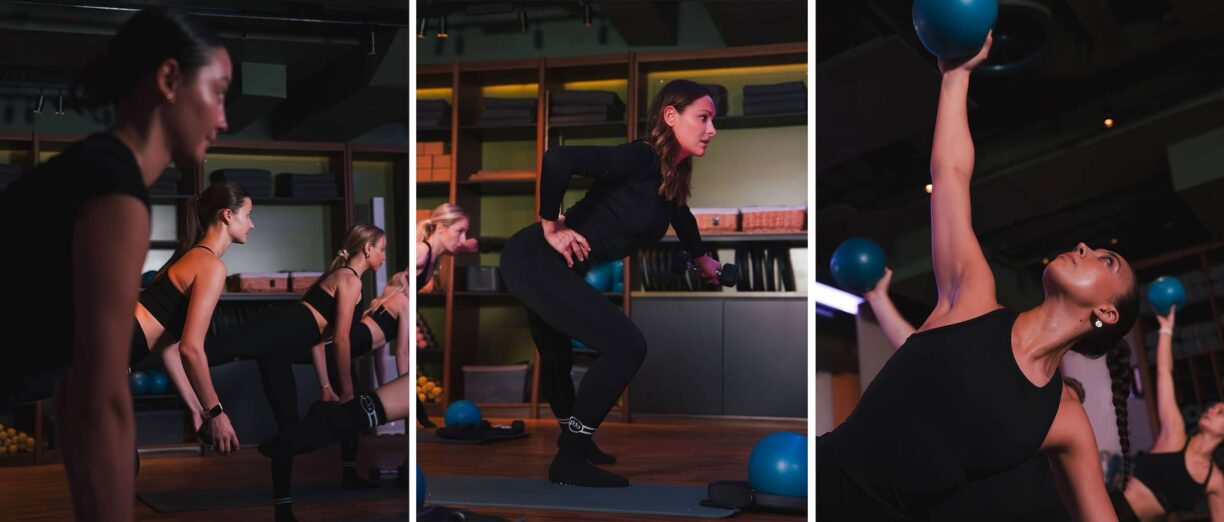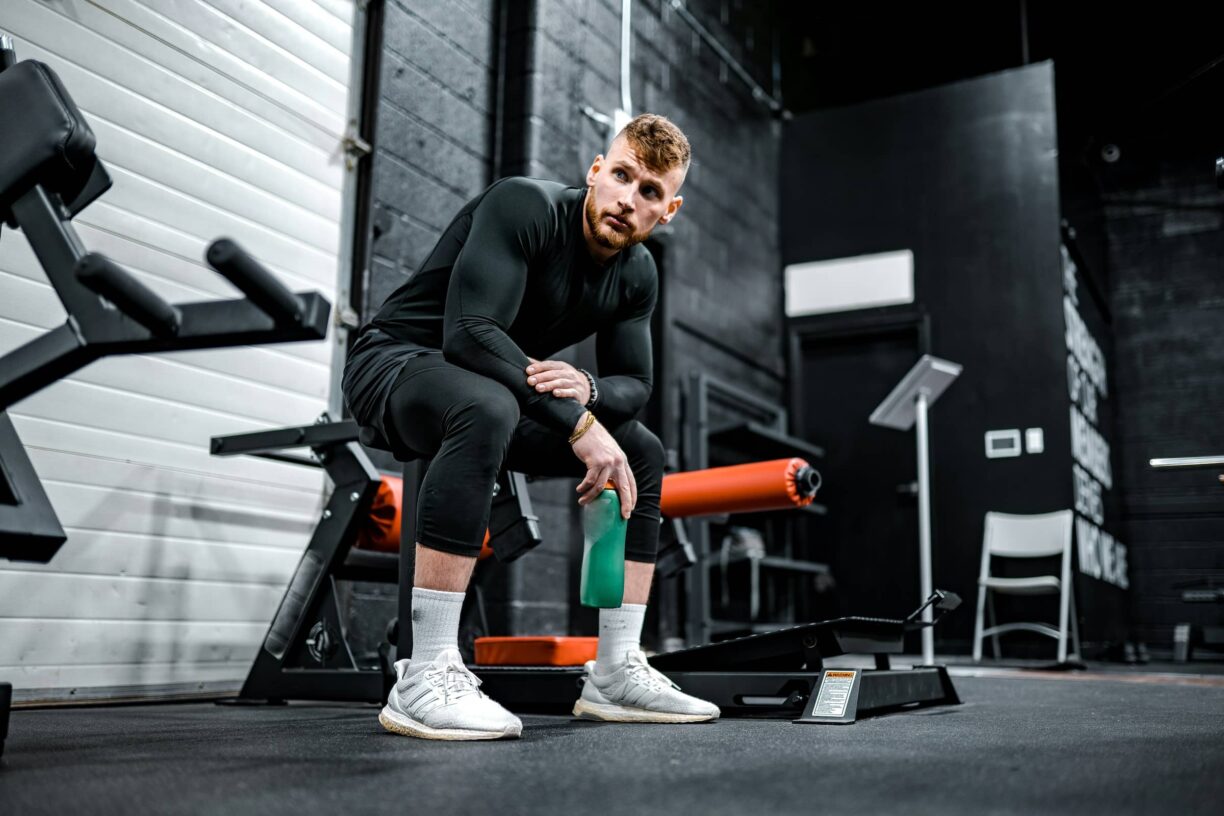Research just about to be published has found that women are more sensitive to pain and aching joints and muscles than men.
A new report commissioned by pain specialists, Deep Relief, and written by pharmacist, Noel Wicks, and GP, Dr Paul Stillman, has found that more than six out of ten British women never bother to stretch during the day and will even sit at their desk to eat lunch, while half of women take to the sofa for their TV fix, according to the survey of 1000 UK adults .
Unsurprisingly, the research poll revealed that more women (60 per cent) than men (51 per cent) experience regular aches and pains, with more than seven in ten women complaining of pain while sitting or standing compared with six in ten men.
This is backed by an international study reported in the Journal of Pain showing that chronic musculoskeletal pain is more common in women than men.
Commenting on the findings, psychologist, Dr Kirstie Fleetwood Meade says: “Women appear to have a higher pain sensitivity and a lower pain threshold than men, particularly for musculoskeletal pain.
Women also suffer more back pain and painful conditions associated with the musculoskeletal system, such as fibromyalgia. These differences are due to a variety of genetic, psychological, biological and emotional factors.”.
The Deep Relief ‘Psychology of pain’ report quoted a variety of scientific studies revealing exactly why these gender differences exist:
-
Biological differences in nerve and cellular responses mean that women’s bodies are more sensitive to pain;
-
Macho gender norms expect men to display greater tolerance to pain, while it is more acceptable for women to own up to pain and ask for help;
-
Early-life coping mechanisms and exposure to stress could make women more susceptible to feeling pain;
-
Steroid hormones, particularly testosterone, help with pain tolerance. Men have higher levels of testosterone than women, and depletion of testosterone levels following the menopause, or when HRT is discontinued, lead to greater sensitivity to pain.
Interestingly, tolerance of pain does not appear to differ between boys and girls when they are in the pre-puberty phase. The report also listed the mental health toll of suffering regular bouts of pain, including:
-
Low mood and increased risk of depression and anxiety;
-
Disrupted sleep, difficulty falling asleep and daytime fatigue;
-
Poor memory and concentration, backed by a study at the University of Alberta which found that pain interferes with information processing and retention;
-
Difficulty maintaining relationships due to pain affecting enjoyment of sex, as well as interest in friendships, and patience with children or elderly relatives.
However, there is good news as women are more open to seeking help and advice for their aches and pains compared with men.
Author of the report, GP and broadcaster, Dr Paul Stillman, comments: “The good news is that women are less afraid to talk about pain and have better understanding of how to tackle long-term pain. But there is a great deal more that women could do as I’ve detailed in my tips below.
“Our report and survey found that half of women don’t want to take oral painkillers because of the risk of adverse effects and as a result are keen to try alternative approaches which does not always mean popping an oral remedy but maybe looking at topical, pain relieving solutions.”
Mentholatum Deep Relief topical preparations are uniquely formulated in the UK to help reduce pain. They are applied directly to the painful area where they produce effective relief of symptoms and provide a good, pain relief option versus oral analgesics.
Joint author, pharmacist Noel Wicks, adds: “It’s vital to treat mild to moderate pain and muscle tension before it escalates causing chronic pain so speaking to your pharmacist is a good place to start. Massage, stretching, paying attention to posture, relaxation, exercise and healthy diet can all help. And, reach for an evidence backed topical which is tried and trusted such as Deep Relief.”
Top tips for keeping on top of muscle and joint pain:
-
Rub it out: Deep Relief is a pain-relieving gel including levomenthol, an ingredient from the black peppermint plant family. Mentholatum Deep Relief is an effective topical treatment for painful inflamed joints and muscles and offers a real alternative to oral painkillers
-
Stretch: Gently stretching elongates muscles and helps release their tension. Hold a gentle stretch for 30-60 seconds then release slowly.
-
Massage: Massage helps to prevent musculo-skeletal discomfort. Try placing a tennis ball on muscle knots then roll on the ball using the floor or a wall.
-
Relax: regular deep relaxation is particularly effective at reducing musculo-skeletal discomfort. Take a break from any activities that cause your muscles to knot. The Deep Relief survey found that an astonishing 85 per cent of women felt stressed by the demands of work and home.
-
Exercise: Light to moderate exercise is a known stress reducer. Brisk walking or pilates can help to relieve musculo-skeletal discomfort, including muscle knots. However, the Deep Relief survey found nearly a third (28 per cent) of women never do any exercise that focuses on posture.
Quality sleep: Keeping the body well rested is a great way to alleviate and prevent tight muscles. Aim for seven to eight hours a night.
The Deep Relief survey found that only seven per cent of women – half the proportion of men (14 per cent) – said they got a good night’s sleep and woke up refreshed.





